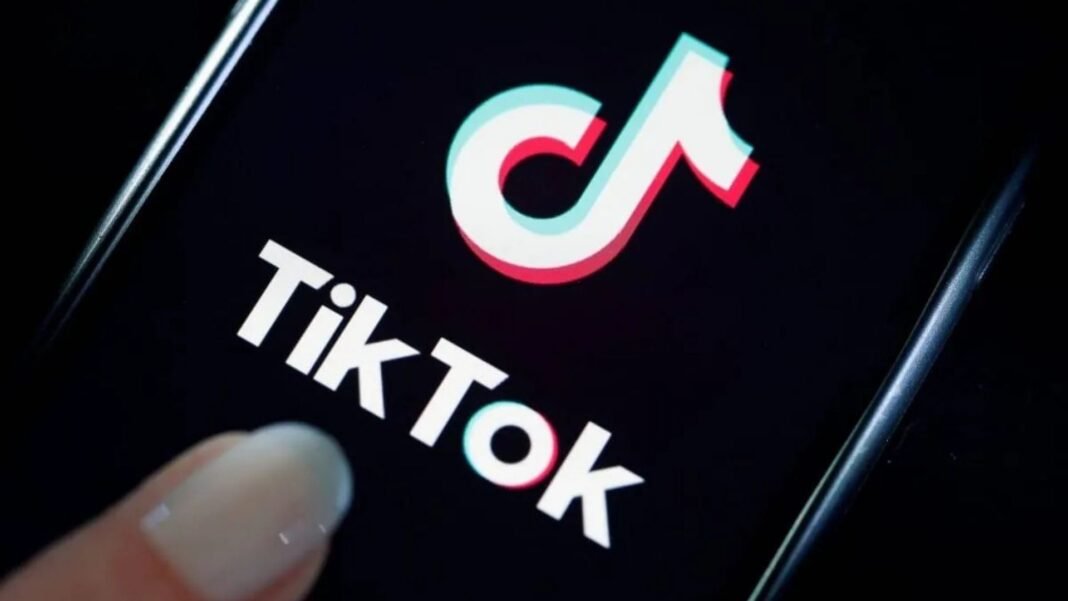TikTok has taken a significant step by asking the U.S. Supreme Court to intervene in a potential government ban on the popular social media platform. This move comes amid growing concerns about data privacy and national security, as the U.S. government has been scrutinizing TikTok due to its Chinese ownership.
Background of the Case
The legal battle began when former President Donald Trump attempted to ban TikTok in 2020, citing national security risks. The Biden administration continued this scrutiny, leading to ongoing discussions about the app’s safety and its ties to China. TikTok argues that such a ban would violate its rights and harm millions of American users.
TikTok’s Arguments
In its appeal, TikTok emphasizes several key points:
- First Amendment Rights: TikTok claims that banning the app would infringe on the First Amendment rights of its users, limiting their freedom of expression and access to information.
- Economic Impact: The company highlights the economic consequences of a ban, noting that it supports thousands of jobs in the U.S. and provides a platform for countless creators and businesses.
- Data Security Measures: TikTok asserts that it has implemented robust data security measures to protect user information and address concerns regarding data privacy.
- Lack of Evidence: TikTok argues that the government has not provided sufficient evidence to justify a ban, stating that fears over national security are unfounded.
Potential Impacts of the Supreme Court Case on Social Media Companies
1. Establishment of Content Moderation Standards
The ruling could set important precedents regarding how social media companies manage platform content. If the Court upholds TikTok’s arguments, it may reinforce the idea that platforms can moderate content based on their policies. This would affirm their role as editorial entities, similar to newspapers, which could allow them to continue shaping user experiences without excessive government intervention.
2. Impact on Free Speech Protections
The case raises critical questions about the First Amendment rights of social media companies. A ruling in favor of TikTok could strengthen the argument that these platforms are entitled to make independent decisions about content moderation without being pressured by government regulations. This would protect their editorial discretion and potentially limit the ability of states to impose laws that restrict how they manage user-generated content.
3. Influence on User Experience and Content Availability
Depending on the outcome, users may see a change in what content is available on social media platforms. If regulations are relaxed, platforms might be more inclined to remove objectionable content, leading to a more open environment where users encounter a wider range of opinions and information. Conversely, stricter regulations could force platforms to limit their moderation capabilities, resulting in increased exposure to spam, hate speech, or misinformation.
4. Broader Implications for Online Speech Platforms
The implications extend beyond just TikTok and Facebook; they could affect any online platform that allows user interaction, including comment sections on news articles and product reviews. The ruling could redefine how all digital platforms operate concerning user-generated content and free speech rights, potentially reshaping the online landscape as a whole.
5. Political Ramifications
The case also reflects broader political tensions regarding free speech and online censorship. With both Republican and Democratic administrations weighing in on the issue, the ruling could influence future legislative efforts related to digital communication and social media governance. It may also set a precedent for how future administrations approach regulation in an increasingly polarized political environment.
Government’s Position
The U.S. government maintains that TikTok poses a risk due to its connections with China, where the parent company, ByteDance, is based. Officials expressed concerns that user data could be accessed by the Chinese government, potentially compromising national security.
Legal Proceedings
The case has progressed through various courts, with lower courts previously ruling in favor of TikTok. The Supreme Court’s involvement could set a significant precedent regarding digital privacy rights and government regulation of social media platforms.
Public Reaction
The public response to TikTok’s appeal has been mixed. Many users express support for the platform, emphasizing its role in fostering creativity and community. Conversely, some individuals echo government concerns about data privacy and national security.
As TikTok awaits a decision from the Supreme Court, the outcome will likely shape the future of social media regulation in America. The case highlights the ongoing tension between national security concerns and individual rights in an increasingly digital world.






